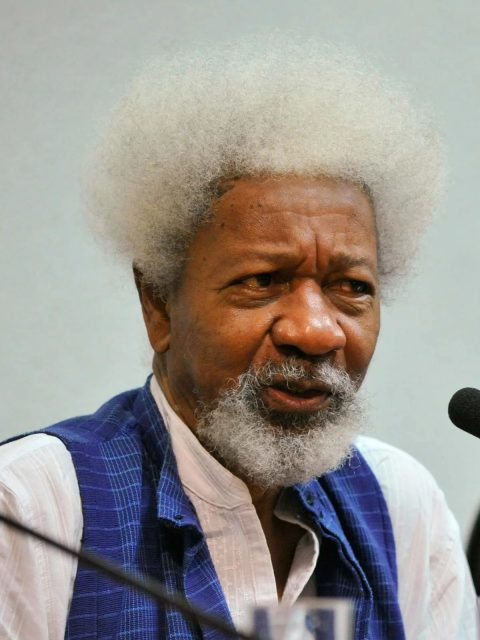Summary of the Novel Lonely Londoners by Samuel Selvon; This study material is suitable for students sitting for their forthcoming IJMB examination as it is the prescribed text for literature students.
Study other materials on Fragments here
Summary of the Novel Lonely Londoners by Samuel Selvon
The Lonely Londoners, a novel by Samuel Selvon, depicts the lives of Caribbean and African immigrants in 1950s London. Selvon wrote this semi-autobiographical work after moving to London at age 27 and experiencing life as an immigrant in South Kensington.
The book stands out as the first to detail the lives of black immigrants in London and is significant in decolonial literature. Selvon overcame writer’s block by writing in Creolized English, the language of the people he knew. The themes of the novel include internalized racism, class pretension, migration, and loneliness. The narrative centers on the shared stories of a group of young men, with a unique third-person voice that frequently shifts perspectives.
The main character, Moses Aloetta, a Trinidadian living in London for six years, is a decade older than the rest of the group. While he misses his homeland, the younger men are optimistic about their chances for success in London, including “Five Past Twelve,” a Royal Air Force cadet from Barbados who dates multiple women.
One afternoon, Moses receives a call from mutual friends asking him to meet a newcomer, Galahad, at the train station. Despite never having met Galahad before, Moses feels a sense of duty to help a fellow national. At the station, he bumps into Tolroy, a friend from Jamaica who is there to pick up his mother, only to find out that she has invited three other family members to live with him. Tolroy is angry and frustrated, knowing he cannot financially support them all.
Moses takes Galahad to his apartment, answering his questions about life in London. The next morning, Galahad heads to an employment agency but gets lost on the way. Moses finds him and redirects him, advising him not to rely solely on welfare but to take advantage of England’s opportunities. As people of color, they must be careful not to be seen as “leeches.”
Galahad secures a well-paying job in a factory and splurges most of his income on his wardrobe. Moses recalls his former roommate, Captain, a law student from Nigeria who had all the potential but lacked the drive to succeed in England. Captain spent all his money on cigarettes and prostitutes and turned to wealthy white women whenever he needed more cash.
Meanwhile, Galahad meets other immigrants staying at the motel Moses rents. Among them is Bart, who passes as Latino and refuses to lend money to others. He is comically miserly and feels that too many immigrants will make things “too black.” Bart once fell in love with a white woman named Beatrice, but her father opposed their relationship, causing them to split. Bart now works as a bouncer at one of Beatrice’s favorite clubs, hoping to run into her again.
As more immigrants arrive, Bart’s fear of other black people grows, while white business owners see an opportunity to profit from the new arrivals by opening cigar stores and restaurants catering to their specific tastes.
Meanwhile, “the boys” share stories about their experiences with prostitutes, with a particular preference for white women. They openly admit that dating a young white girl would be a dream come true.
Despite his infatuation with London, Galahad’s idealistic views are shattered when a young child points at him and shouts, “look at the black man!” Though Galahad tries to befriend the child, both the mother and child retreat, leaving him feeling disheartened.
In a memorable stream-of-consciousness scene, the nameless protagonist reflects on the sexual energy in Hyde Park. It was not uncommon for interracial relationships to start there. Once, a white man even propositioned him for sex with his wife, and Moses accepted the offer in exchange for payment. Despite the degradation of the situation, Moses feels that enduring harsh winters and limited food is a small price to pay for the enjoyment of London’s vibrant summers.
The narrator concludes The Lonely Londoners by suggesting that people from all over the world are drawn to the city and are willing to endure various hardships to be at “the center of the world.”








